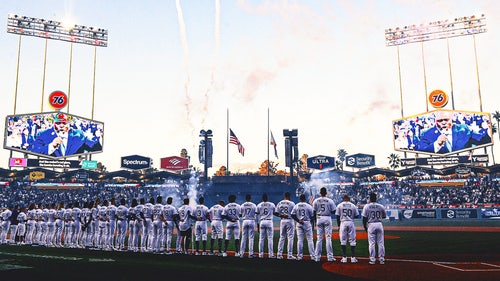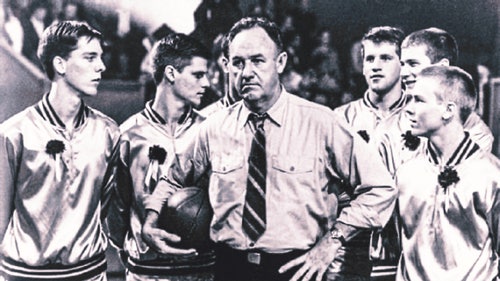
McNeal: Disappointments aside, Cooperstown voting processes work

SAN DIEGO -- Whenever the Hall of Fame holds an election and no one is voted in, disappointment abounds.
It happened Monday morning when the 16-member Golden Era Committee did not elect any of the nine players and one executive who were on the ballot for those who made their greatest mark on the game in 1947-72.
Now I can understand why those on the ballot would be disappointed, especially the two who fell just one vote short of election, Dick Allen and Tony Oliva. I also can see why their fans might be upset. (Ken Boyer was one of five to receive three or fewer votes, and I know his fans are unhappy about that.) And I get why a committee member would be let down if none of the guys he voted for was elected.
But I don't see why there should be an outcry over changing the voting process because there was an election shutout.
This is the Hall of Fame. It's for the greatest of the great. A line must be drawn somewhere, and if you ask me, it should be drawn on the side where the close cases are excluded instead of included.
More important, the voting process is a fair one. First, players stay on the writers' ballot for 10 years (it used to be 15) as long as they get 5 percent of the vote. When players don't make the Hall through the writers, they become eligible to make a ballot on one of three special committees -- Pre-Integration Era (through 1946), Golden Era ('47-72) and Expansion Era (after '72), depending on their time in the major leagues. One of these committees votes on an era every year. Next year is the Pre-Integration Era, followed by the Expansion Era in 2016 and another Golden Era election in three years.
To be elected, one needs 12 votes from a 16-member committee composed of eight Hall of Fame players, four executives and four veteran media members. Members are allowed to vote for a maximum of four players.
Steve Hirdt of the Elias Sports Bureau served on this Golden Era committee and when asked at the press conference Monday morning if he was disappointed no one had been elected, he admitted he was. To some, it might have seemed that Hirdt wasn't happy with an election that voted in no one. But he told me afterward that wasn't really the case.
"I am (disappointed) because I voted for certain people and they didn't get in, but that's no different than the writers' election," Hirdt said. "I'm not disappointed at all with regards to the process."
Before committee members voted Sunday -- their results are not disclosed, per wishes of the Hall of Fame -- everyone on the ballot had their case discussed in a meeting. Hirdt said Sunday's meeting was "at least as thorough an airing for every candidate" as the other times he has served on one of the committees.
Pat Gillick, a Hall of Fame executive who served on the committee, said he was disappointed, too.
"It's unfortunate that one or two didn't get in," Gillick said. "Points out how very, very difficult it is to earn a plaque in Cooperstown."
According to Jane Forbes Clark, president of the Hall of Fame, only 1 percent of all major-league players have earned a plaque in Cooperstown. "We have a very high standard," she said. "We're determined to keep it."
That, of course, is bound to lead to disappointment.
But that doesn't mean there's anything wrong with the process.
You can follow Stan McNeal on Twitter at @StanMcNeal or email him at stanmcneal@gmail.com.










